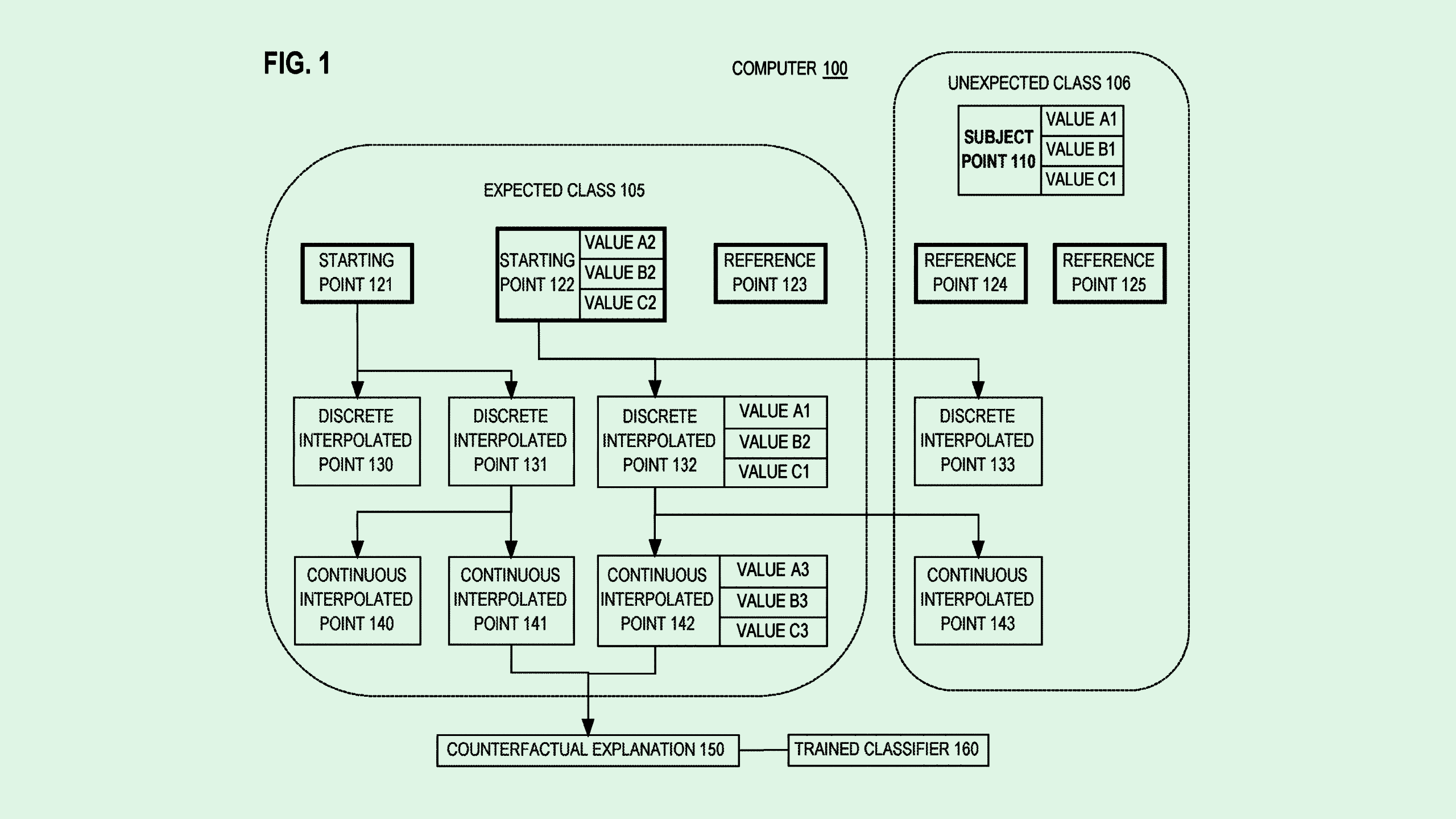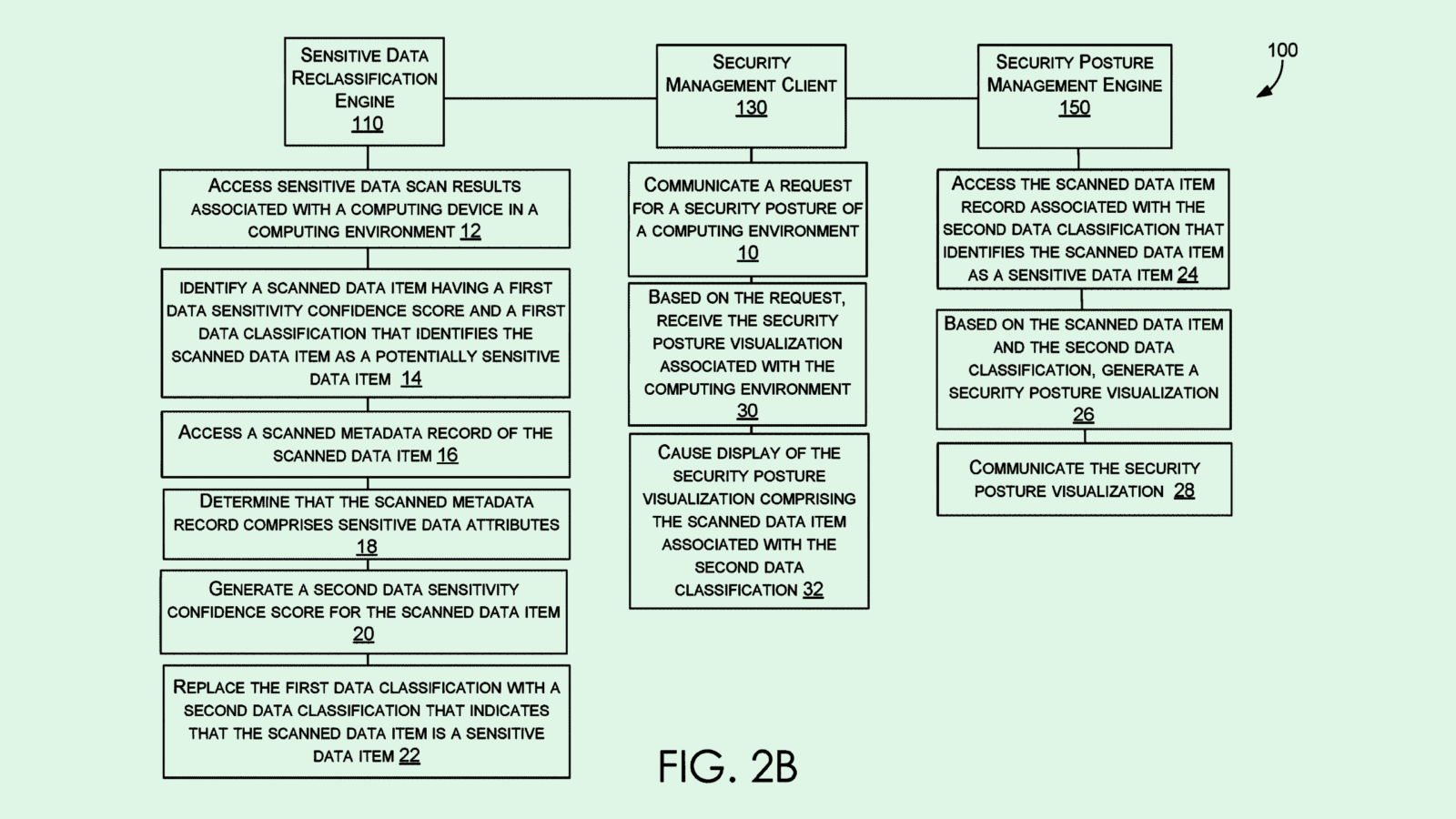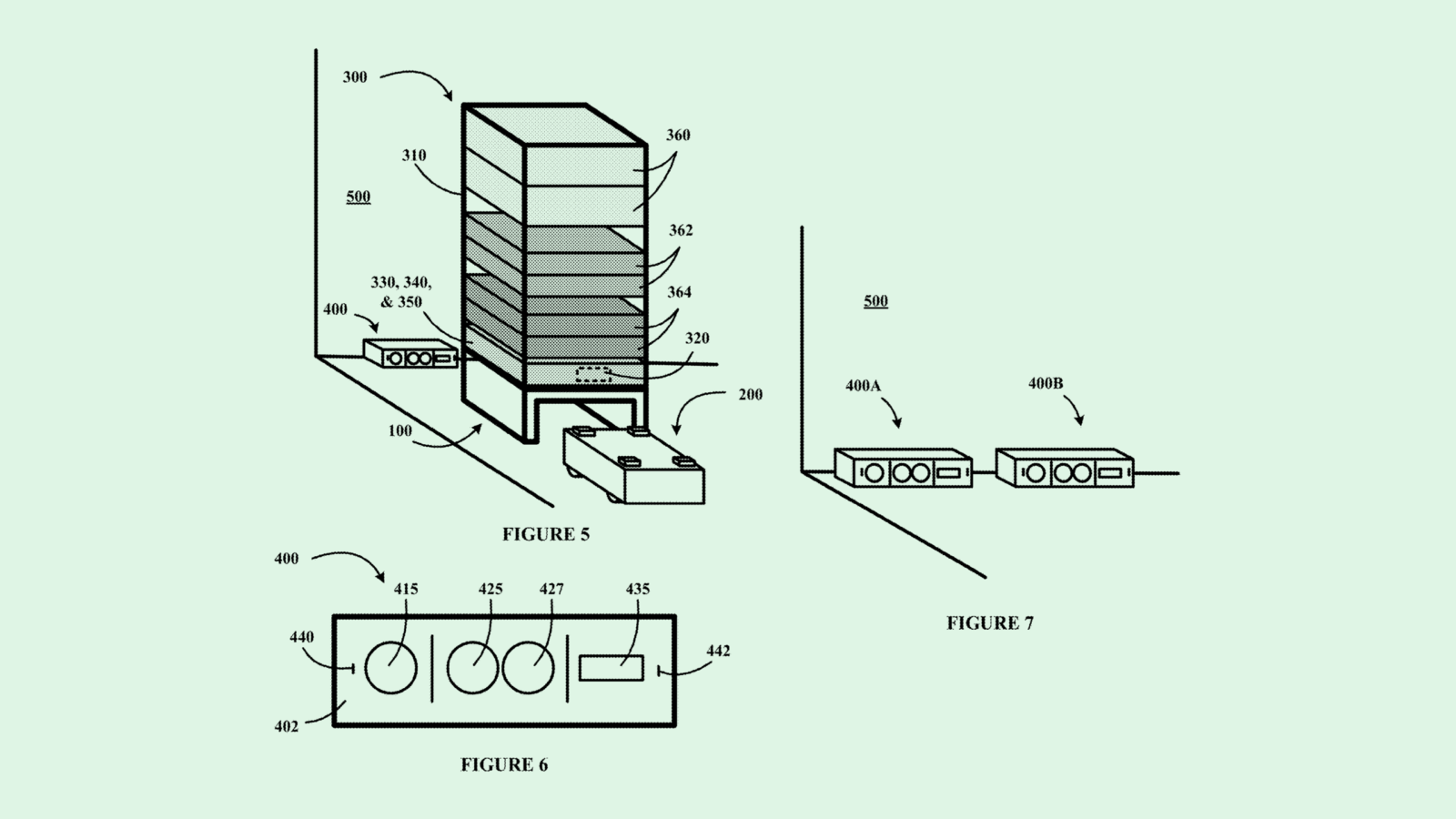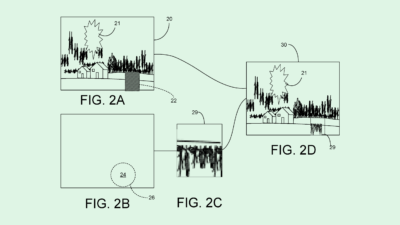Oracle Patent Strengthens Software as It Plays AI Catch-up
While Big Tech got it’s moment in the sun, Oracle and others are now following suit with their own growth spurts.

Sign up to uncover the latest in emerging technology.
Oracle wants its models to be able to explain themselves.
The tech firm is seeking to patent an “autoMLX,” or automated machine learning, “counterfactual explainer.” Oracle’s invention aims to provide “counterfactual” explanations for machine learning models’ outcomes, essentially explaining why they didn’t come to other outcomes.
“The main goal of a counterfactual explanation is to help users understand why a machine learning model produced a particular inference and to aid in the decision-making process related to the inference,” Oracle said in the filing.
Though counterfactual explanation tools for AI models already exist, Oracle claims that its patent improves on conventional methods in two main ways. For one, in providing explanations as to why a model didn’t reach a certain outcome, it makes as few changes to the input as possible to showcase new outcomes.
Second, in generating those new outcomes, it ensures they are as close to the original data as possible. This is so the counterfactual explanations are actually realistic and applicable to the situation.
To illustrate how this may work in practice: Say you’re using a machine learning model to predict whether or not you will qualify for a loan. If you don’t qualify, then it may provide counterfactual, alternative examples of small changes that can be made to reach that qualification, such as small increases to income, minimal improvements to credit, or both.
Though Oracle had initially fallen behind in the AI race, its recent earnings, data center moves, and AI investments signal that it’s serious about playing catch-up. The company saw shares jump last week after it reported better-than-expected revenue, with its cloud revenue in particular rising 21% in the recent quarter.
CEO Larry Ellison also announced that it would design a data center powered by small modular nuclear reactors as AI continues to propel energy demand.
“Oracle is well-positioned to capitalize on the AI revolution, thanks to its strong foothold in database and data management,” said Tejas Dessai, research analyst at Global X ETFs. “As enterprises upgrade their data infrastructure for AI, Oracle’s expertise becomes more valuable.”
While tech giants like Microsoft, Google, and Amazon quickly gained prominence with the rise of AI, “Oracle, IBM, and other key players are following suit,” experiencing their own moment in the sun, said Dessai. However, while Oracle’s stock is popular for now, Dessai noted, it “runs the risk of expectations getting too ahead of reality.”
To continue its winning streak, he added, the company should invest in modern data tools and platforms, allowing clients to not only modernize their IT but better incorporate generative AI into their tech stacks. Methods like this patent describes could be part of that toolkit.
“Collaborating with or acquiring AI-focused startups could help Oracle quickly expand its AI capabilities and offerings,” said Dessai.











